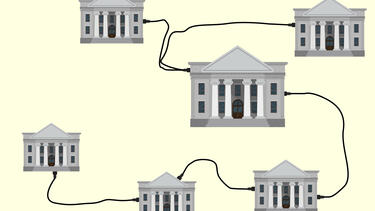Economics
Are Elon Musk’s Politics Driving Away Tesla’s Customers?
Before 2022, Tesla was known as a leader in building electric cars and a favorite of the eco-conscious. Then CEO Elon Musk bought and transformed Twitter, campaigned with Donald Trump, and spent several controversial months leading DOGE; some longtime Tesla owners found themselves apologizing for his politics. A new Yale working paper sets out to quantify the effect of Musk’s extracurricular activities, and finds that they may have cost Tesla one million sales.

The Conversations on an Anonymous Economics Forum Are Troubling—and Elite Schools Are Part of the Problem
Yale SOM’s Paul Goldsmith-Pinkham and Kyle Jensen and their former colleague Florian Ederer presented a study showing that anonymous racist and sexist posts on the popular Economics Job Market Rumors website were coming from top universities.

Video: Dating, Marriage, Parenting, and the Gender Wage Gap
Women earn 79 cents for every dollar that men make. But look beyond that widely cited statistic, and you’ll find a complex story of causes, effects, and correlations. Prof. Mushfiq Mobarak surveys the literature on the subject and argues that, to close the gap, we need to address society’s differing expectations around who bears the burden of family and parenting responsibilities.
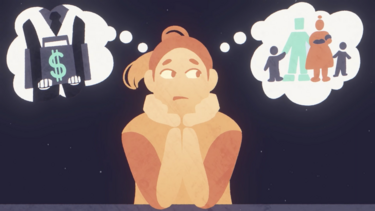
Bringing the Economist’s Tool Kit to the Policies that Shape Markets
Katja Seim, the Sharon Oster Professor of Economics and Management, investigates the complex forces behind the infrastructure of everyday life with an aim of enabling data-driven improvement to policy tools and making markets function better.
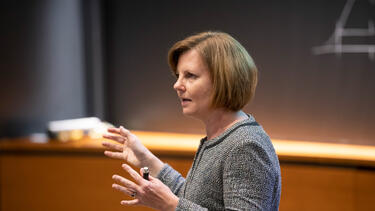
Is Dynamic Airline Pricing Costing Us?
Prices for airline tickets rise and fall depending on demand. Yale SOM’s Aniko Öry and Kevin Williams investigated whether such pricing makes airlines and customers better off.

R&D Investment Can Have Multiplier Effects—If It’s Made in the Right Industries
A new study co-authored by Prof. Song Ma finds that allocating research funding to certain scientific fields can have long-term ripple effects across sectors and countries.

The End of Noncompete Agreements May Be Near
Earlier this month, the Federal Trade Commission unveiled a proposal that would block companies from limiting their employees’ ability to work for a rival through noncompete agreements. We asked Yale SOM’s Fiona Scott Morton about the ban’s potential impact on wages, innovation, and the economy as a whole.
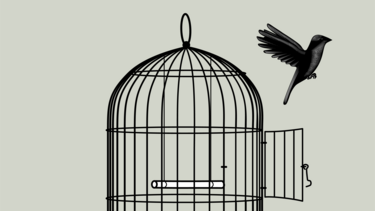
Will the Fed Keep Raising Rates?
We asked Prof. William English, a former Fed official, to interpret the announcements at the Federal Open Market Committee’s monthly meeting last week.
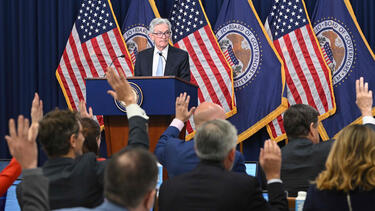
Can the Inflation Reduction Act Bring Down Drug Prices?
We asked Prof. Fiona Scott Morton, an expert on competition in the healthcare industry, whether the new legislation will make a difference—and what it will take to get drug prices under control.
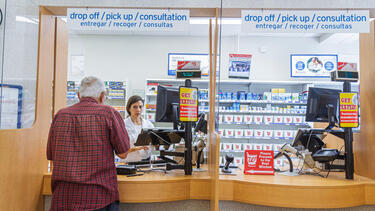
Do Homebuyers’ Expectations Align with Reality?
People’s predictions of long-term home price growth were wildly optimistic in the early 2000s but have become more cautious since the Great Recession, according to a study co-authored by Robert Shiller of Yale SOM.

Why Making Banking Data Portable Isn’t Always Good for Borrowers
In theory, rules requiring banks to share consumer data with third parties increase competition and help consumers. In practice, it’s not so simple, according to a new study co-authored by Yale SOM’s Jidong Zhou.
